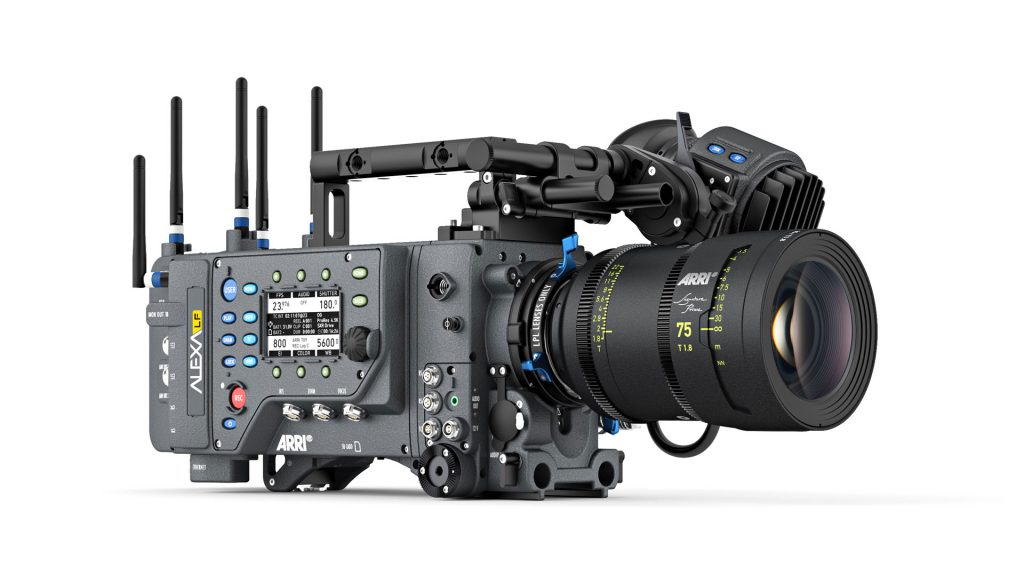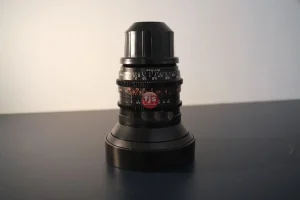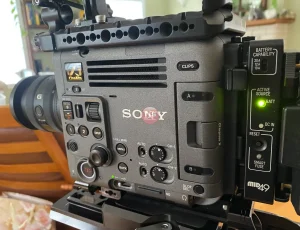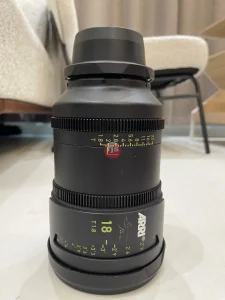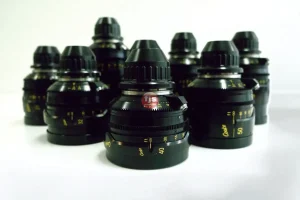Full-frame cinema cameras are advanced digital imaging devices that are specifically designed for capturing cinematic-quality video. They are widely used in the professional video production industry due to their ability to deliver stunning visuals with exceptional detail and clarity.
One of the key advantages of a full-frame cinema camera is its larger image sensor, which is the same size as a traditional 35mm film frame. This larger sensor allows for a shallower depth of field, giving filmmakers greater control over focus and creating a more cinematic look. Additionally, the increased surface area of the sensor enables these cameras to capture more light, resulting in improved low-light performance and better image quality in challenging lighting conditions.
Full-frame cinema cameras also offer a wider dynamic range compared to other camera types. This means they can capture a greater range of brightness levels, from deep shadows to bright highlights, allowing for more detail in both dark and bright areas of the image. This feature is especially important when shooting scenes with high contrast or intricate lighting setups.
Many full-frame cinema cameras also come equipped with advanced image stabilization technology. This helps reduce unwanted camera shake, resulting in smoother footage even when filming handheld or in motion.
Examples of popular full-frame cinema cameras include the Sony Venice, ARRI ALEXA LF, and RED MONSTRO VV. These cameras are widely recognized for their exceptional image quality and versatility.
In conclusion, full-frame cinema cameras play a vital role in the professional video production industry by offering superior imaging capabilities and delivering cinematic-quality results. With their larger sensors, wider dynamic range, and advanced features like image stabilization, these cameras allow filmmakers to bring their creative vision to life with stunning visuals that captivate audiences worldwide.


